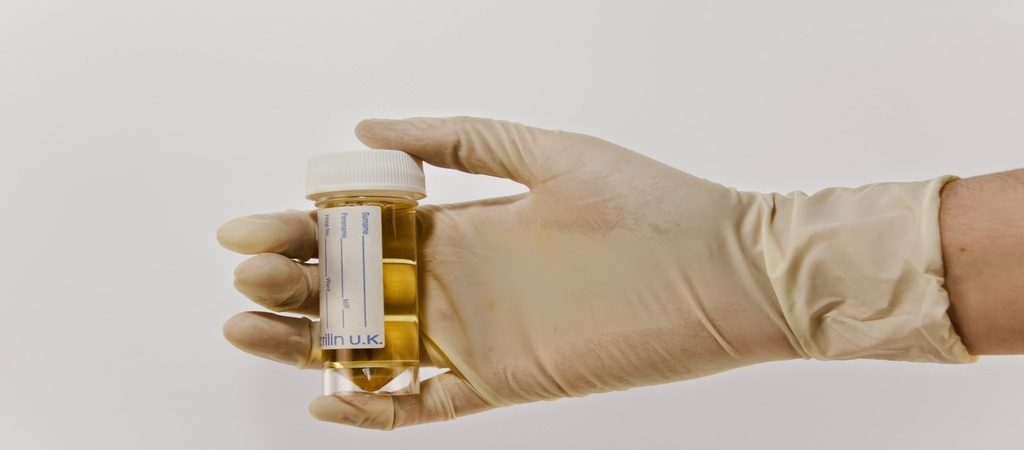ORLANDO, Fla. – A research team working in the Sanford-Burnham Prebys Medical Discovery Institute in Lake Nona, Orlando is looking into the possibility of diagnosing prostate cancer through urine biomarkers
The research done by the team led by Dr. Ranjan Perera is investigating the accuracy of prostate cancer detection using urine, which they claim to be more accurate than utilizing the current prostate-specific antigen (PSA) test.
Dr. Perera is set to release a paper about the results of the study. He mentioned that he is looking into sending an application to the National Institute of Heath for grant allowances to perform a wider study about the topic.
He desires to finish his study as soon as possible in order to quickly monitor those who test positive for prostate cancer. His method of diagnosis is considered to be faster and simpler, exempting the long and enduring process of prostate biopsies.

Just like many doctors, Dr. Perera relies on federal funds for his budget. The process of grant request and its approval will take much time. Sometimes, even after several follow-ups, there are still requests that end up being rejected.
He is concerned that with the possible approval of President Donald J. Trump’s 18.3 % cut in the proposed budget for the National Institute of Health, he’ll have a tougher time advancing his research.
The research stated that the cut is set to be at $6 billion. This amount lost will definitely cause obstacles for scientific and medicinal research all throughout the country.
The National Institute of Health allocates 80 % of its yearly budget to research funding. This years’ tight budget might focus less on apprentice studies like that of Dr. Perera’s prostate cancer detection through urine research.
If the proposed budget cut is approved, it will lessen the opportunity for riskier projects such as the said study to be funded. Also, students will lose their drive to enter the scientific and medical field.
